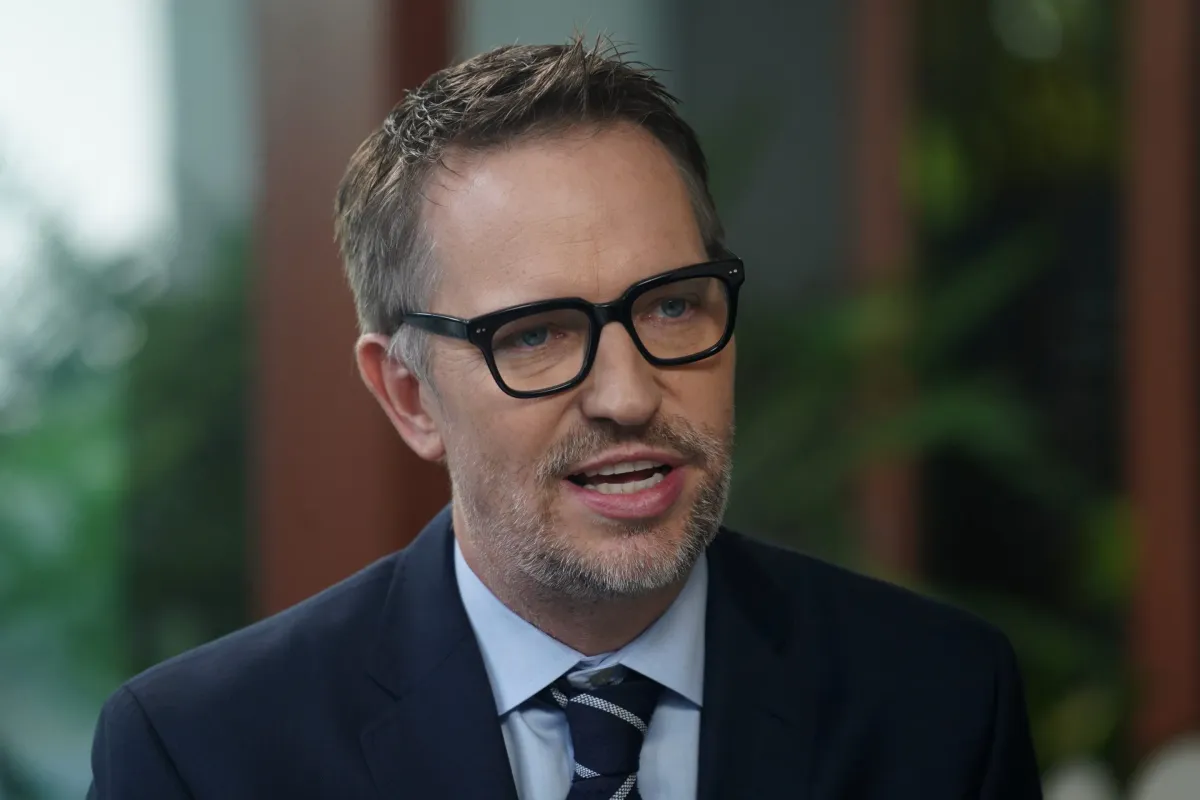Forget Fancy Degrees — LinkedIn’s CEO Says These 4 Skills Matter More in the Age of AI

AI is rewriting the rules of the job market — and your degree might not be the golden ticket it once was.
The Job Market Is Shifting Fast — And Degrees Are Losing Their Power
In today’s job market, that Ivy League diploma on your wall might not impress hiring managers as much as you’d hope.
According to Ryan Roslansky, CEO of LinkedIn (and EVP of Microsoft Office), the future of work won’t be owned by people with the “fanciest degrees”, but by those who have the right mindset and AI skills.
Speaking at LinkedIn’s AI in Work Day event in San Francisco, Roslansky outlined a major shift that’s already changing how companies hire, train, and promote talent.
These 4 Qualities Will Matter More Than Your Degree
Roslansky said the employees of the future won’t necessarily come from top colleges — they’ll be the ones who are:
1. Adaptable
The ability to change with the times is now a core skill. AI is evolving fast, and so are the needs of employers. Employees who can shift gears quickly and learn on the fly are becoming indispensable.
2. Forward-Thinking
Being able to spot trends, anticipate industry changes, and stay one step ahead is more important than ever. Employers are looking for people who think ahead, not just follow orders.
3. Lifelong Learners
Forget what you learned four years ago — that knowledge might already be outdated. What matters now is your ability to keep learning, whether that’s through online courses, certifications, or on-the-job experience.
4. AI-Savvy
Knowing how to work with AI tools like ChatGPT, Microsoft Copilot, and others is no longer optional. It’s becoming a core requirement in many roles — and a major advantage on your résumé.
“The future of work belongs not to people with the fanciest degrees,” Roslansky said, “but to those who are adaptable, forward-thinking, ready to learn, and ready to embrace these tools.”
AI Skills Are the New Resume Gold
Roslansky’s comments line up with real hiring data. A 2024 Microsoft survey showed that:
- 71% of business leaders would hire a less-experienced candidate with AI skills over a more experienced one who didn’t have them.
Meanwhile, LinkedIn job postings requiring AI literacy have jumped 70% in the past year.
In short: AI skills are becoming more important than years of experience — and even education level in some cases.
Adaptability Is the “New Currency” in Careers
LinkedIn’s Chief Economist, Karin Kimbrough, backed up Roslansky’s predictions. At the same event, she explained that the entire job landscape is being reshaped by AI:
“AI is changing rapidly. It's going to change the type of skills we want, the kind of jobs we're going to have. It's changing how employers look at talent,” Kimbrough said. “That’s a lot. It’s a little scary.”
Her message was clear: Adaptability is the new must-have skill for anyone hoping to stay competitive.
AI Won’t Replace You — But Someone Who Knows AI Will
Roslansky also addressed a major fear for many professionals: Will AI take my job?
His answer? Not exactly.
AI isn’t going to replace people outright, he said. But people who know how to use AI will replace those who don’t.
And no — just asking ChatGPT basic questions isn’t enough.
You’ll need to understand how to use these tools in meaningful ways:
- Boost productivity
- Make better decisions
- Solve complex problems
- Automate repetitive tasks
- Enhance collaboration
But Don’t Forget the Human Side
Even in a world dominated by automation and algorithms, human skills still matter — a lot.
Roslansky emphasized that interpersonal abilities are your secret weapon.
“Empathy, communication, adaptability, being able to actually just have a conversation with someone — those are critical,” he said. “Don’t forget the human skills.”
So while AI literacy can open doors, it’s the combination of tech skills and emotional intelligence that will help you thrive in the future workplace.
What This Means for Job Seekers
If you’re entering the job market — or thinking about how to future-proof your career — here’s what to focus on:
Learn AI tools: Don’t just use them — understand how they work and how to apply them in your industry.
Stay adaptable: Be open to change. The job you have today might not exist in 5 years.
Keep learning: Online courses, certifications, YouTube tutorials — anything that keeps your skills fresh.
Invest in soft skills: Communication, leadership, empathy, and collaboration will never go out of style.
Think ahead: Watch industry trends and get ahead of them — don’t wait to be disrupted.

